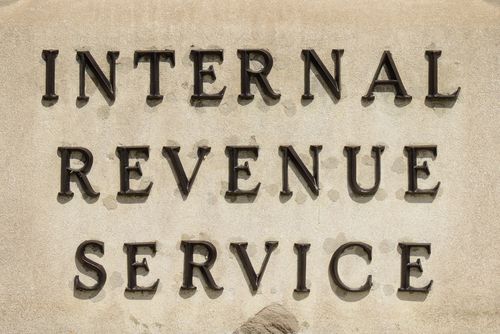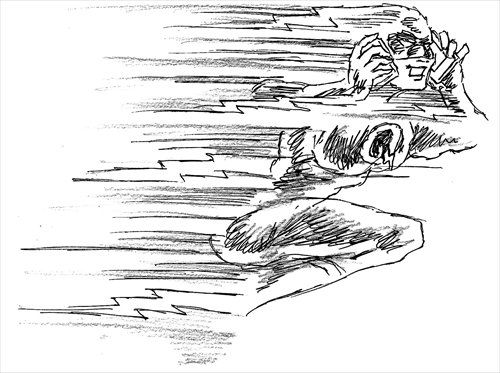Mar 15, 2016
72% Indian companies faced cyber attacks in 2015, yet most do not have a threat response strategy
Posted by Karen Hurst in categories: business, cybercrime/malcode, finance, information science
Very concerning: 72% of all India companies were hacked in 2015. How many were hosting consumer and business data for non-Indian companies say US or European companies?
According to KPMG’s, Cyber Crime Survey Report 2015, around 72 per cent of the companies in India have faced cyber-attacks in the year 2015. In India a spate of cyber security issues have been witnessed like the Gaana.com or Ola Cabs apps being hacked. Such issues have raised the alarm for the whole enterprise community. And it doesn’t seem to be stopping here. According to a report from McAfee Labs, the number of cyber attacks where malware holds user data hostage is expected to grow in 2016 as hackers target more companies and advanced software is able to compromise more types of data. In many cases the objective would be financial gain or corporate espionage, either ways, resulting in heavy losses for the enterprise.
Today, no single new age enterprise is immune to cyber threats. The humongous amount of information popping out of various social and mobile platforms continues to add to organizations’ vulnerabilities, making them attractive targets for complex cyber crimes.
















